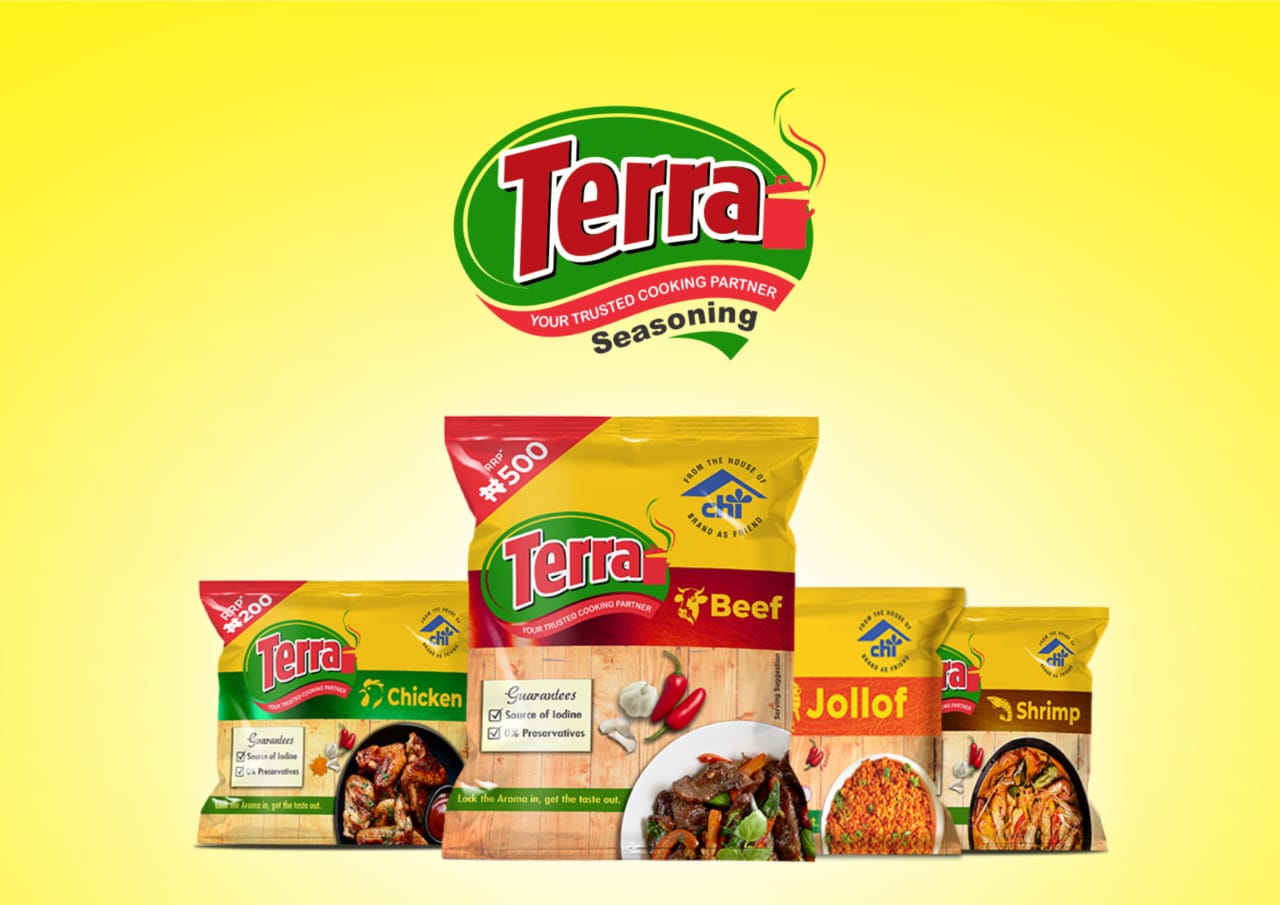PepsiCo and Coca-Cola have committed to reducing reliance on high-carbon fuels, increasing the fuel efficiency of their car and delivery truck fleets, and increasing transparency with public reports on their progress. Coca-Cola and PepsiCo, which includes Frito-Lay, operate tens of thousands of delivery trucks, in addition to cars and other vehicles.
The two companies are taking the following actions in their vehicle fleets:
Through the Business for Social Responsibility Future of Fuels program, the companies are researching the sourcing of fleet fuels, the carbon intensity of those fuels, and ways that they can reduce reliance on high-carbon fuels.
Through the American Beverage Association, which is comprised of Coca-Cola, PepsiCo, and Dr. Pepper-Snapple Group, the companies have recently begun tracking their industry’s vehicle fleet efficiency and will regularly publicize that data and efforts they are taking to improve vehicle efficiency measures.
PepsiCo currently operates the largest all-electric delivery vehicle fleet in America. Coca-Cola operates the largest heavy-duty hybrid electric commercial truck fleet in North America. Both companies are actively working to add alternative fuel vehicles to their fleets.
“Steps Pepsi and Coca-Cola take to avoid high-carbon oil and improve fuel efficiency will add up to a very significant reduction in US carbon pollution,” said Michael Marx, CorporateEthics executive director. “This commitment is an important step in the right direction on the road to the UN climate summit in Paris.”
The commitments, which resulted from a multi-year engagement among leaders of the companies and environmental groups, were made in letters from Coca-Cola and Pepsi.
“Coca-Cola and PepsiCo took these steps because they know that young people demand climate solutions from the brands they choose,” said Todd Paglia, Forest Ethics executive director. “Pepsi and Coke join nineteen other major companies that have committed to reduce or eliminate carbon-intensive oil from their supply chains while they develop cleaner, safer fueling solutions. What we are talking about are high-carbon fuels like tar sands, Venezuelan, and Nigerian crude.”
The Department of Energy estimates that corporate and government fleets account for 35 percent of transportation-related oil consumption. New proposed standards by the Obama administration will reduce heavy and medium duty truck oil consumption by up to 40%. PepsiCo and other leading companies have publicly supported strong truck standards as one important way to slash fuel costs and carbon emissions.
“These actions demonstrate the power of corporations to drive environmental and social change,” said Gina Coplon-Newfield, Sierra Club’s director of future fleet & electric vehicles initiative. “And when these soda giants speak up for climate solutions and against high-carbon fuels, other industries will listen and follow.”






Comment
No comments found.